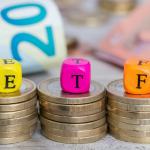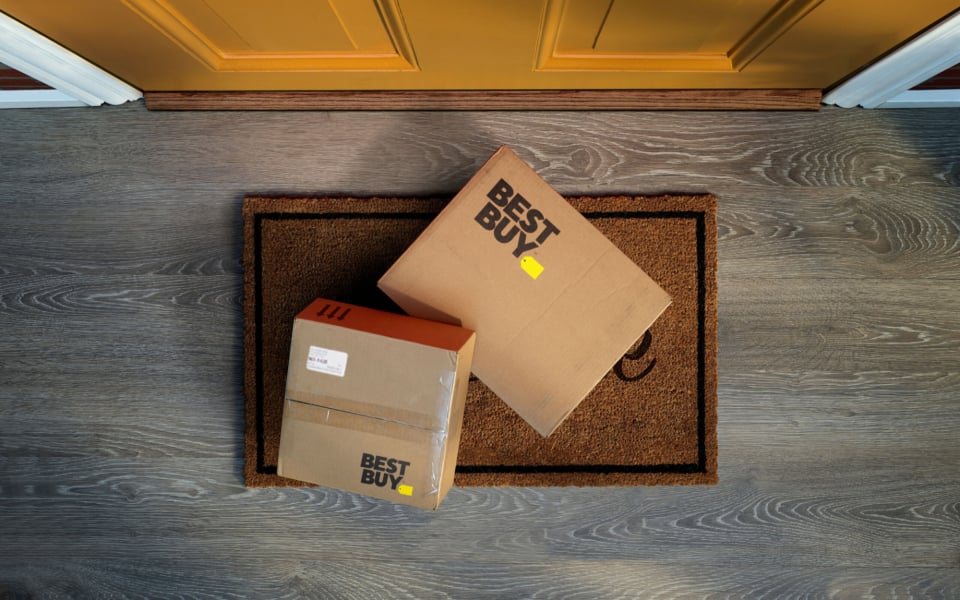Apple's
To reach its ambitious target, Apple might have to procure an online services business, he said.
"A breakdown of Apple's services revenue highlights the relatively concentrated nature of profits within the segment and a likelihood for meaningful deceleration going forward, which suggests it is not a panacea for slower iPhone growth beyond fiscal 2018," Hargreaves said.
Apple stock was up 1.2%, near 145.50, in afternoon trading on the stock market today. Apple has been forming a flat base with a buy point of 156.75 for the past seven weeks.
The summer has typically been a good time to buy Apple as it is ahead of product refresh cycles and amid a few quarters of weak sales. The problem is, the iPhone is approaching what some are calling a super-cycle. There's apparently strong interest in the new iPhone and that could drive huge financial results for Apple over the next 6 to 12 months.

A solid majority of the more than $8 billion in net revenue that the App Store produced in 2016 was attributed to apps being used on iPhones. iPad, iPod and Mac app sales also contributed, but between device volumes and app buying habits, the iPhone was definitely the main contributor. Given the App Store's growth rates -- sales grew 40% in both 2016 and the March quarter -- it might just be a couple years before Apple's iPhone-related App Store cut tops $10 billion. Even Apple Music's Revenue is inevitably linked to iPhone usage, as is its iCloud storage subscriptions, Apple Pay transactions, AppleCare protection plans and music and video downloads. Overall, a big chunk of the $24.3 billion in "iTunes, Software & Services" revenue that Apple posted in fiscal 2016 has the iPhone's remnants upon it.
In terms of hardware, many of Apple's products are accessory or complementary to the main iPhone or iPad itself. Headphones, cases and covers are all sold in Apple retail stores but can also be acquired by cheaper third-party sellers. Perhaps this is why the stock continues to face a dip, as the iPhone 7 cycle along with all its accessories are coming to an end before the new model is released.

However, there still isn't enough reason to abandon Apple as a long-term pick just yet. Inspired by Amazon.com, Inc.
While a lot of Apple's recent struggle can be attributed to its use of the iPhone as a crutch for a lot of its sales and innovation, it has put into play other projects that hold promise. One must simply be patient and hope that the markets hold equal fortitude.
- http://www.investors.com/news/technology/click/apple-services-sales-seen-slowing-jeopardizing-goal-to-double-business/
- https://www.thestreet.com/story/14202073/1/apple-s-iphone-now-impacts-almost-every-part-of-its-business.html
- http://investorplace.com/2017/06/apple-inc-aapl-stock-double-digit-downside/#.WVQNgxPytok



















